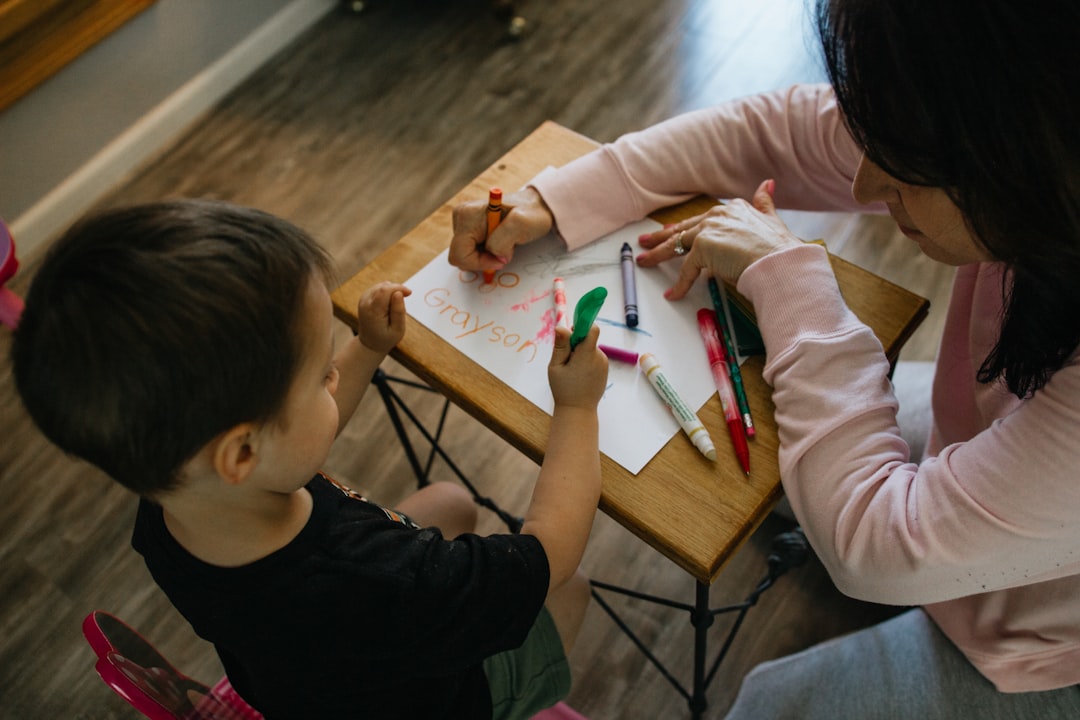Originally published in the Moultrie News.
My son was failing chemistry, so I requested a conference. The teacher told me all these things my son needed to do, but took no ownership herself for why he is doing poorly. Shouldn’t she accept blame, too?
A similar situation happened to a friend recently. He went to the doctor for high blood pressure. The doctor told him everything he was doing wrong, such as eating poorly and not exercising. Amazingly, the doctor never once accepted any responsibility for my friend’s blood pressure. That’s how it is with these pampered, highly paid doctors. It’s never their fault.
If you think that sounded ridiculous because the doctor, in fact, isn’t responsible for someone else’s blood pressure, you’re right. Neither is the teacher responsible for someone else’s failure. So if you’re disappointed that the teacher didn’t “take ownership” of your son’s deficiencies, brace yourself for your next dental exam, IRS audit or botox appointment.
Now, I’m sure there are some doctors out there dishing out malpractice, just like there are incompetent teachers, but in general, doctors and teachers are doing the best they can to help others.
In this case, try listening to the teacher’s advice. You mention “all these things” your son isn’t doing. It sounds like there’s a lot he can do to help himself. Make him do it. I bet he improves.
I’ll not get sanctimonious; we all have a human tendency to blame others for our mistakes. To help our kids overcome that tendency, we must encourage them to challenge it. We have to teach them that jumping on a grenade they fumbled is morally superior to forcing someone else to be the sacrifice. We must teach them to accept responsibility instead of hunting scapegoats.
Accepting responsibility allows us to be independent; it gives us control to improve bad situations by improving ourselves. Blaming others surrenders our power; it transforms teachers and other helpers into the authors of our destiny. Why would you want a child to grow up believing that? It will make him a permanent victim.
As a kid, I tried to blame teachers for everything from doing poorly to getting in trouble. I’m grateful my father forbade it. He always said, “Do what’s in your control, and don’t worry about someone else.” That’s the best message for children: manage the variables under your command. If it doesn’t work out, hold your head high, knowing you did your best. You’ll be better prepared for the next challenge.
You might be panicked that, without chemistry, your son will never become the rocket scientist you’ve dreamed he would become. What should worry you more is that, without responsibility, he will become a spoiled, entitled adult brat.
Failing to become a rocket scientist can be easily surmounted, but an “It’s not my fault” mentality is one that no employer, spouse, or stranger wants to be around. Being universally disliked will have a much bigger impact on his quality of life than his job description.
Not only that, but blaming teachers discourages the people who are most trying to help him. The next time your son’s teacher looks at her meager pay stub, she’ll wonder if it’s worth all the frustration and disappointment. You might not like her style, but can your son learn better in an empty classroom? Chemistry teachers don’t grow on trees.
There’s a poem by Edward Rowland Sill in which a warrior blames his sword for his failure because it’s cheap and blunt. In disgust, he snaps it in two and throws it in the dust. A prince, wounded and weaponless, snatches up the broken sword. Then, “with battle-shout,” he hews down his enemies and saves “a great cause that heroic day.”
The poem is called “Opportunity.” The title is apt. For every child who believes his failure is the teacher’s fault, there are dozens of students who view challenging classes as opportunities to rise victoriously over inconvenient obstacles. Those kids usually grow up to become successful in all areas of their lives.
This is not rocket science.
Read the original column here.




Add I teacher it’s my responsibility students in my class learn, that’s what I am being paid to do. As an adult going to the doctor I know and take responsibility but my actions but I may need help in order to take better care of my health. Some people may have health issues due to former drug or alcohol use, poor nutrition or promiscuous behavior a good doctor would not say to a patient well you made our choices deal with it or it’s not my responsibility but to offer resources, support and sound medical advice to help the patient improve outcomes moving forward. Children may not understand the value of their education or why it’s important with other things that are a priority in there life such as friends in middle and high school, wanting to be home with their parents for younger kids or just wanting to play and have fun. Children are dealing with issues that we may have no idea of. As teachers, parents/caregivers, and administrators we will serve our children well when we don’t put accountability on them greater than they can handle, when we look at things from their perspective and instead of just penalizing or casting blame think about how to engage them in the learning process for their good. Because that’s why we are there not for our self interest but theirs. If educators aren’t willing to work with children to engage them but instead blame children or their families then teachers aren’t taking responsibility for the important task they have signed up for. Is teaching easy? No, are teachers collected enough? But taking the victims while they are in the learning process, in my opinion isn’t the answer either.
PREACH!!!